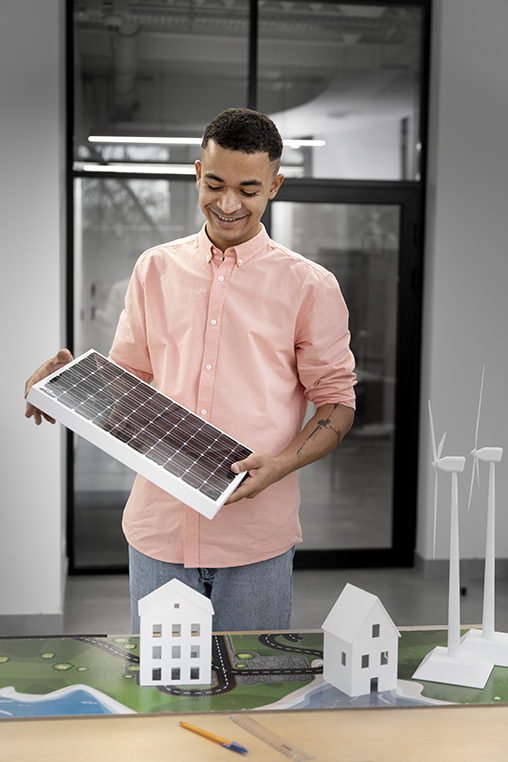RENEWABLE ENERGY
Renewable energy sources have been gaining popularity as a solution to the environmental issues and the depletion of traditional energy sources. Renewable energy technologies are harnessed from sources that are continually replenished, such as sunlight, wind, water, and geothermal heat. Solar energy is one of the most widely used sources of renewable energy, with photovoltaic cells converting sunlight directly into electricity. Wind energy is also gaining prominence with advancements in wind turbines and offshore wind farms. Hydroelectric power is another technology that relies on the energy of moving water to generate electricity. Other applications of renewable energy include bioenergy which uses organic matter, geothermal energy utilizing the earth’s heat, and ocean energy that taps into the power of waves, tides, and currents. With the growing demand for sustainable solutions, the potential for renewable energy is immense and holds the key to a cleaner and greener future.
In Nigeria renewable energy sources like hydropower, solar, and wind power make up a relatively small percentage of Nigeria’s energy mix, with fossil fuels still dominating. However, the government has made commitments to increase the share of renewable energy in the energy mix to 30% by 2030. Nigeria’s potential for renewable energy is significant, with abundant solar radiation and wind resources. With continued investment and support, Nigeria has the potential to harness its renewable energy resources and transition to a more sustainable and environmentally friendly energy mix.
The REEEA-A as a federation of associations representing private companies, civil society organizations, academia, and public sector across the renewable energy sector is an important actor for the planning and realization of the energy transition in Nigeria.

Renewable energy sources have been gaining popularity as a solution to the environmental issues and the depletion of traditional energy sources. Renewable energy technologies are harnessed from sources that are continually replenished, such as sunlight, wind, water, and geothermal heat. Solar energy is one of the most widely used sources of renewable energy, with photovoltaic cells converting sunlight directly into electricity. Wind energy is also gaining prominence with advancements in wind turbines and offshore wind farms. Hydroelectric power is another technology that relies on the energy of moving water to generate electricity. Other applications of renewable energy include bioenergy which uses organic matter, geothermal energy utilizing the earth’s heat, and ocean energy that taps into the power of waves, tides, and currents. With the growing demand for sustainable solutions, the potential for renewable energy is immense and holds the key to a cleaner and greener future.
In Nigeria renewable energy sources like hydropower, solar, and wind power make up a relatively small percentage of Nigeria’s energy mix, with fossil fuels still dominating. However, the government has made commitments to increase the share of renewable energy in the energy mix to 30% by 2030. Nigeria’s potential for renewable energy is significant, with abundant solar radiation and wind resources. With continued investment and support, Nigeria has the potential to harness its renewable energy resources and transition to a more sustainable and environmentally friendly energy mix.
The REEEA-A as a federation of associations representing private companies, civil society organizations, academia, and public sector across the renewable energy sector is an important actor for the planning and realization of the energy transition in Nigeria.

